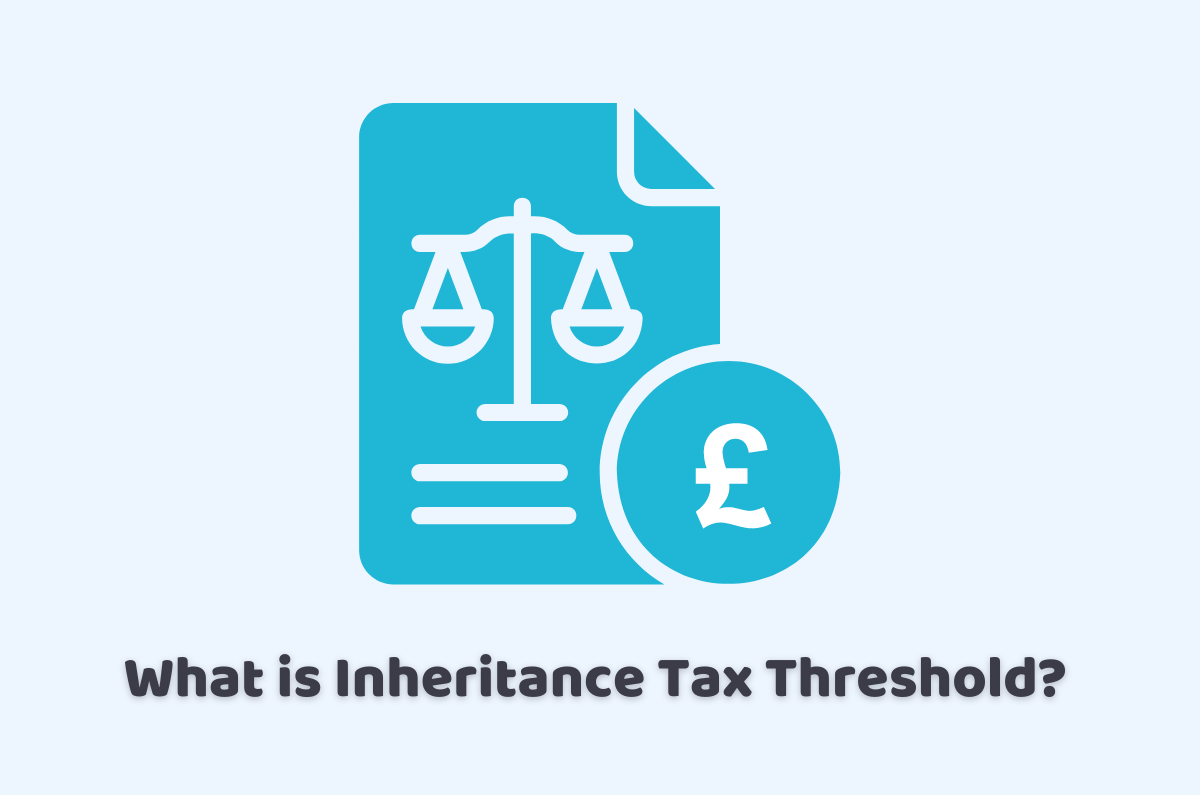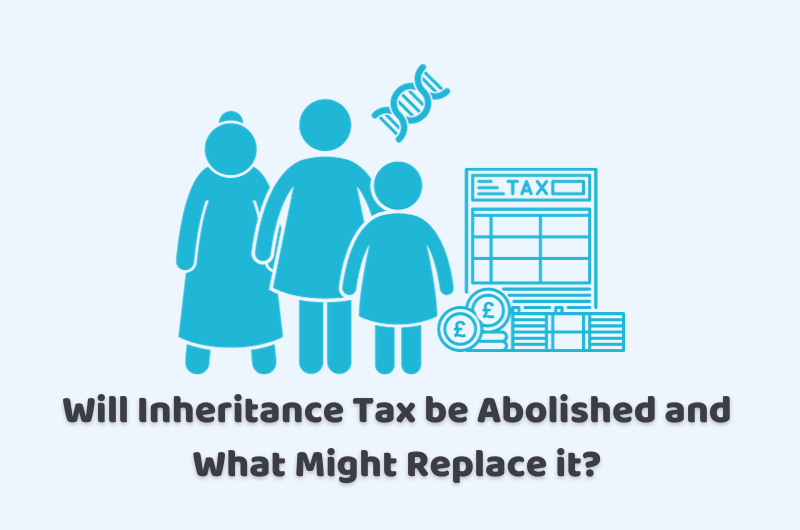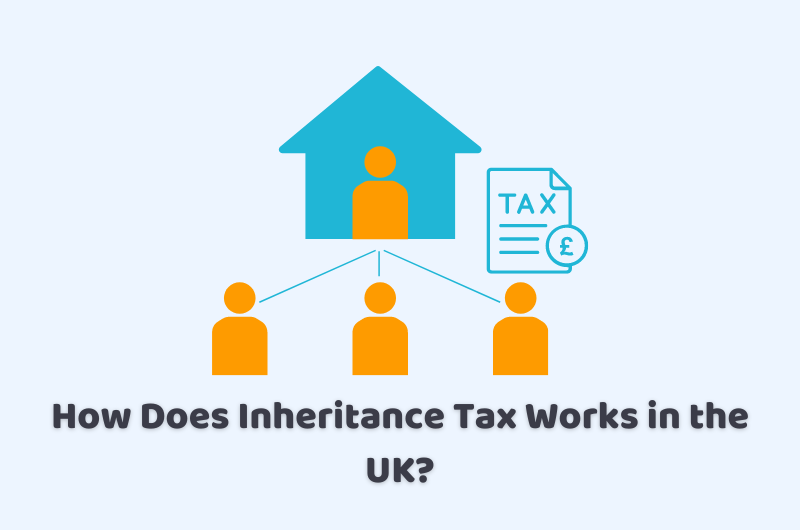
07/02/2024tax , Tax Issues , Tax News and Tips , Tax Saving Tips , Taxation
Thinking about what is the inheritance tax threshold? Well, the inheritance Tax Threshold in the UK is an important consideration for anyone who intends to leave property or money to their beneficiaries. For this purpose, you should be staying up to date with changes to the law. This will help you to minimise the impact of the Inheritance Tax.
Moreover, the upcoming increase in the Inheritance Tax Threshold provides a great opportunity for individuals. Now families should review their estate planning and make any necessary adjustments. This is to ensure that assets are distributed in the most tax-efficient manner possible, you must take action today.
This will help to protect your loved ones and avoid any last-minute surprises that may arise. Which can be as a result of changes to the legislative framework or unforeseen circumstances.
Reach out to our intelligent and clever-minded guys to get the answer to your queries in the UK, we will get to your answers quickly. We will help to decide how to deal with your tax implications.
What is the Inheritance Tax Threshold?
The “Inheritance Tax Threshold” is the amount of money or property that someone can leave to their beneficiaries. In the UK people have to pay the Inheritance Tax. See the following points for more details:
- If the property is left to a spouse or civil partner: an amount up to £600,000 can be left to a spouse or civil partner. This makes the total threshold £925,000.
- In case it is left to a charity, the amount will be up to £325,000. Now the property can be left to a charity without paying inheritance tax. The total threshold will be £650,000.
- Now if the property is left to a minor, the figure will be around £2,000. Which can be left to a minor without paying inheritance tax and making the total threshold £327,000.
How Does the Inheritance Tax Threshold Work for Married Couples?
There are several exemptions and reliefs available to reduce or eliminate the Inheritance Tax for married couples. Including for the family home, charitable donations, gifts, and trusts. It is important to note that the Inheritance Tax rules can be complex and can change over time.
When planning your estate, take into account the Inheritance Tax thresholds and exemptions available. Get advice on how to optimise the distribution of your assets to minimise the potential tax implications.
What are the Rules Around Gifts and Inheritance Tax?
Gifts and inheritance tax are closely related. The rules governing these two areas are set in one statutory framework. As, the Inheritance Tax Act 1984. Gifts and inheritance tax are complex areas of taxation that can affect individuals, families, and businesses.
The rules around gifts and inheritance tax are often subject to change. So it is important to understand your specific circumstances. Consult with a professional adviser before making any major financial decisions.
There are specific exemptions and reliefs available under UK tax law. This can help reduce or eliminate potential inheritance tax liabilities. For example, a gift made three years or more before death is classed as a “pre-owned asset,”. This attracts a lower rate of inheritance tax. Whereas a gift made within three years before death is classed as a “post-owned asset,”. This will lead to a higher rate of inheritance tax.
What is the three-year rule?
To qualify for the three-year rule, a gift must be made in money or valuable property. Such as stocks, shares, bonds, and real estate. The value of the gift must be above the small gifts exemption limit, which is £250 for each recipient and £1,000 for each individual making a gift.
If the gift is made in cash, it must be paid to the recipient or transferred into their bank account to qualify for the three-year rule. It is essential to consult with a professional adviser to understand the rules and requirements in full. Failing to comply with the rules can result in penalties or interest charges being applied.
When making a gift, it is important to consider the potential inheritance tax implications. The transfer of assets through gifts can reduce an estate’s value and help reduce the overall potential inheritance tax liability. It is important to understand the rules around gifts and inheritance tax.
The Bottom Line
In conclusion to what is the inheritance tax threshold, the Inheritance Tax Threshold in the UK is an important consideration. For anyone who intends to leave property or money to their beneficiaries, careful planning is required. This is to minimise the impact of the Inheritance Tax.
The current threshold will be subject to the Inheritance Tax, which is set at 40%. By understanding the rules and thresholds available, you can make informed decisions about your estate planning. Ensure that your assets are distributed in the most tax-efficient manner possible.
Our team of professional members loves to hear out your problems and find out the possible and suitable solutions quickly for small businesses’ accounting problems. Call us or email us today.
Disclaimer: The information about the inheritance tax threshold provided in this blog includes text and graphics of a general nature. It does not intend to disregard any of the professional advice.



